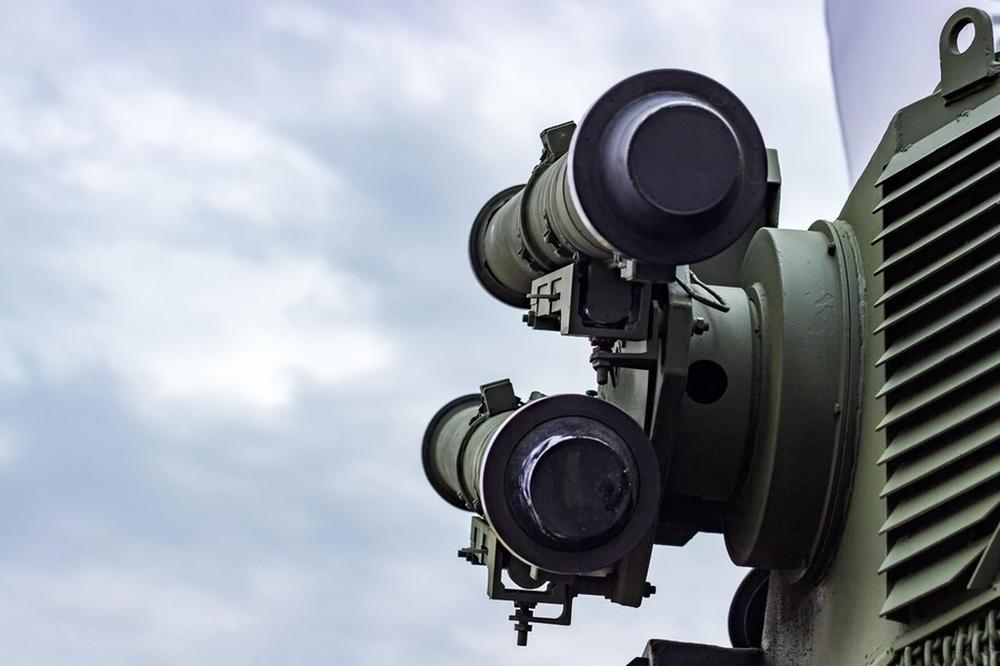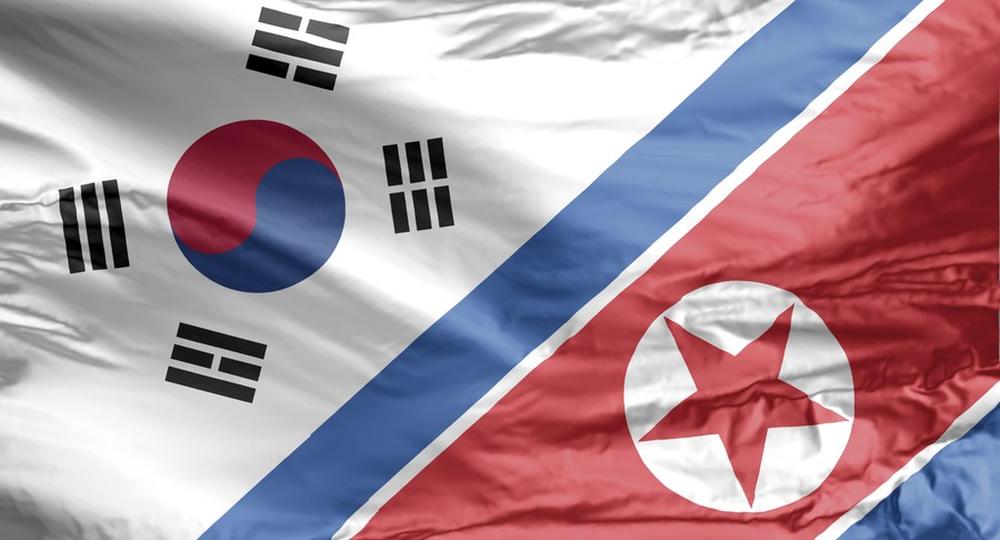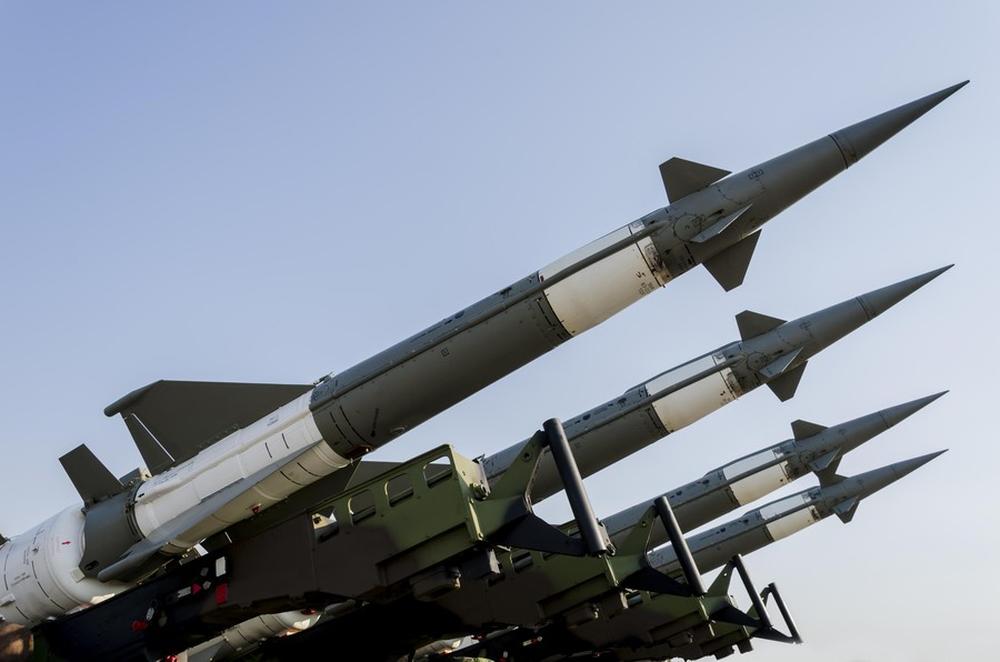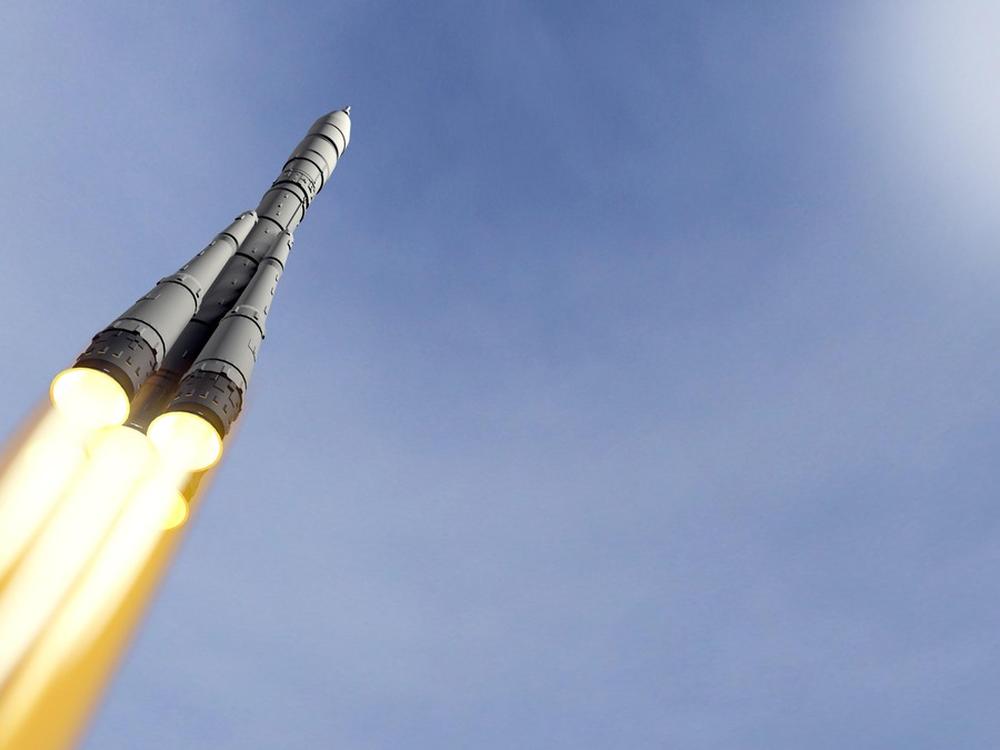- #Nuclear & Missile Issues
- #US Foreign Policy

► In a country that holds presidential elections every four years, U.S. nuclear policy may change depending on the thoughts and preferences of the commander-in-chief. This is precisely why President Biden emphasized the beginning of a new era, looking decades into the future, at the recent Camp David summit with the leaders of South Korea and Japan.
► To be sure, it is high time to meticulously institutionalize the bilateral and trilateral cooperation expressed in the Washington Declaration and Camp David Principles.
Until the Trump administration, it is likely that the American public did not fully conceptualize North Korea’s nuclear program as a fully critical threat. In this respect, it is worth noting the differing opinions of two renowned international relations scholars. American political scientist Robert Jervis, who has largely focused his research on analyzing psychological factors within international relations, views the U.S.-North Korea conflict from a ‘security dilemma’ perspective. The core argument of the ‘security dilemma’ is that the state actions can lead to unintended consequences. According to Jervis, both the U.S. and North Korea increase and redeploy their military forces to maintain their respective regimes and stabilize regional order. Counterproductively, however, in both countries, this aggravates the level of anxiety regarding security threats presented by the other country. Consequently, as Jervis points out, military tensions escalate between the two countries. Political science professor James Fearon presents a different argument. He argues that the idea of ‘security dilemma’ is erroneous. According to Fearon, the core assumption of the security dilemma argument is that each holds a fatal misconception that the other state is acting offensively. However, Fearon argues that in reality, hostile intentions are not in fact a misunderstanding as the U.S. actively desires a regime change in North Korea. Fearon’s main argument is such: there is simply no guarantee that the U.S. will refrain from taking military action to overthrow the North Korean regime in the case that North Korea experiences domestic turbulence. Therefore, the U.S.-North Korea conflict is not a matter of security dilemma, but rather an anarchy in the absence of a mediator, a general situation of conflict in international relations. As such, Jervis and Fearon present conflicting analyses of North Korea’s nuclear threat in understanding U.S.-North Korea relations.
Looking back on the U.S.’s history regarding the creation of its nuclear arsenal you may wonder why American theoretical physicist J. Robert Oppenheimer was not forever hailed as an American hero. As is well known, the Japanese attack on Pearl Harbor on Sunday, December 7, 1941, was a decisive factor in the U.S. entry into World War II, and the atomic bombings on the Japanese cities of Hiroshima and Nagasaki in August 1945 ended the second WorldWar. Given the nuclear bomb’s consequence of forcing Japan’s surrender and the distinct American tendency to worship its heroes, Oppenheimer could have been memorialized as a true American hero. And yet, as Christopher Nolan’s recent biopic ‘Oppenheimer’ has explored, the question of whether Oppenheimer is considered a national hero or international antagaonist remains unanswered. This can be directly attributed to the global debate regarding the efficacy and necessity of nuclear weapons in maintaining global peace. The U.S. can also be attributed to the differences in positions and preferences between Republicans and Democrats when it comes to nuclear policy. Traditionally, Republicans have largely favored the use of nuclear weapons, with the exception of the GOP presidents during the détente era, while Democrats have advocated for a nuclear-arms freeze or a nuclear-free world. As such, it is worth considering the difference in international relations between North Korea and the United States over nuclear weapons and the nuclear weapons debate in the U.S.
Since the nuclear bomb was first developed, U.S. foreign policy has been centered on presidential doctrines and the president's agenda-setting power. The ‘modern presidency’ has thus evolved on two pillars – active government at home and presidential initiative abroad. The first U.S. presidential doctrine to be expressed since the Monroe Doctrine of 1823, was the Truman Doctrine, which called for the U.S. to actively intervene in other countries to contain communism. Following his defeat in the 1946 midterm elections, President Truman addressed a joint session of Congress on March 12, 1947, pressing for U.S. economic and military assistance to support Greece and Turkey threatened by communism. Established neary 120 years after the Monroe Doctrine, the Truman Doctrine became synonymous with the containment policy enacted during the Cold War. The Eisenhower Doctrine endorsed by President Eisenhower, who was elected president in 1952 as the first Republican candidate in 20 years in the midst of the Korean War, focused on a foreign policy that emphasized a reliance on strategic nuclear weapons. While the Democratic administrations of Roosevelt and Truman tried to kill two birds with one stone in terms of the ongoing war and the economy through a ‘military Keynesianism’ approach, the Eisenhower administration sought to reverse the trend. A Republican who prioritized a balanced budget and small government, President Eisenhower abandoned the conventional approach to war using conventional weapons, in favor of ‘mass retaliation’ tactics centered on air strikes and nuclear weapons.
President Reagan, who took office in 1980, then marked a turning point in U.S. foreign policy. His ‘roll-back policy’ rejected this attitude of détente and instituted a significantly tougher stance with the Soviet Union. Endorsed politically by the high-tech and capital-intensive defense industry, President Reagan announced the Strategic Defense Initiative in 1983, which became the final nail in the coffin for the USSR during the Cold War, due to massive increases in the Pentagon’s budget and U.S. aid to anti-communists. During the Reagan administration, the Democratic Party was at distinct odds with the Republican administration, as they called for a ‘nuclear freeze’. As the Cold War with the Soviet Union ended with the Reagan era, the Democratic Party's opposition to nuclear weapons lost momentum, but was then inherited by President Obama with his vision of a ‘nuclear-free world’ and President Biden, with his administration’s consideration of ‘No First Use’ policy before the war in Ukraine.
Under the Washington Declaration, the U.S. would take whatever actions necessary to deter the nuclear threat of North Korea’s, including using its own nuclear weapons. This could be viewed as a wary reaction to the possibility of South Korea’s own nuclear armament, which President Yoon has openly expressed before. Nevertheless, it is hard to deny that a deterrence policy is the second best option against nuclear weapons threats, which can only be perceived as a balance of terror. At the same time, however, the diversity of opinions within the U.S. on nuclear weapons and the differences between political parties should be thoroughly examined. In a country that holds presidential elections every four years, U.S. nuclear policy may change depending on the thoughts and preferences of the commander-in-chief. This is precisely why President Biden emphasized the beginning of a new era, looking decades into the future, at the recent Camp David summit with the leaders of South Korea and Japan. To be sure, it is high time to meticulously institutionalize the bilateral and trilateral cooperation expressed in the Washington Declaration and Camp David Principles.
Jungkun Seo is a Professor in the Department of Political Science at Kyung Hee University, Seoul, Korea. Dr. Seo is teaching American Politics and Foreign Policy, Congress and the Presidency and Party Politics. Prior to joining Kyung Hee University, he was an Assistant Professor (tenure-track) in the Department of Public and International Affairs at the University of North Carolina, Wilmington (2007– 2012) and received the teaching awards from both KHU and UNCW. Dr. Seo is a Fulbright Fellow at the Woodrow Wilson Center in Washington D.C. (2019) and served as the President of the Korean Association of American Politics (2020). Professor Seo published the books titled When American Politics Meeting International Relations (in Korean) and American Politics and US Asia Policy (in Korean). Both were selected one of the year’s best books by the National Academy of Sciences in Korea. He also published numerous articles for peer-reviewed journals such as Political Science Quarterly, American Politics Research, Party Politics, Journal of American Studies, Journal of Legislative Studies, Government and Opposition, International Relations of the Asia–Pacific, Asian Perspective, Korean Political Science Review, Korean Party Studies Review, and Korean Journal of Defense Analysis. Jungkun Seo received a Ph.D. and an M.A. in Government from the University of Texas at Austin and a B.A. in Political Science from Seoul National University.


